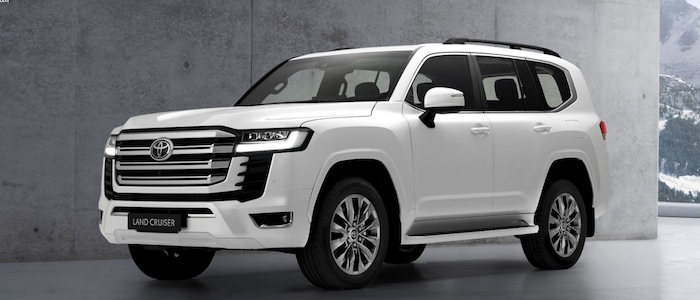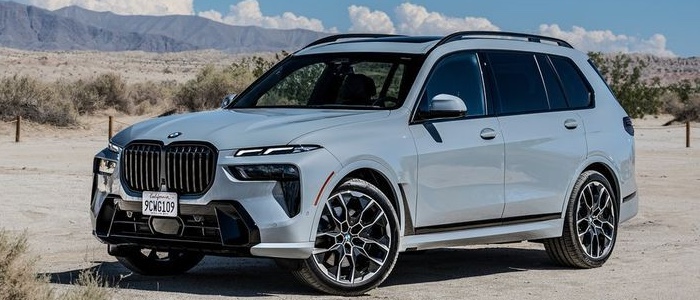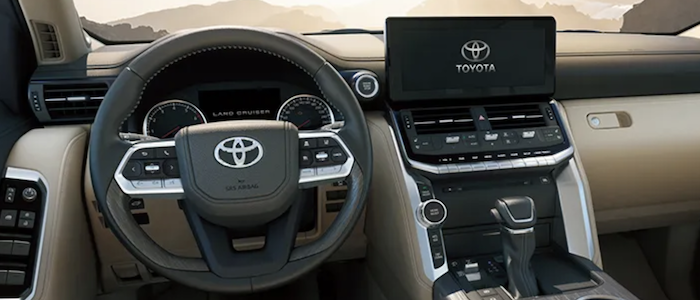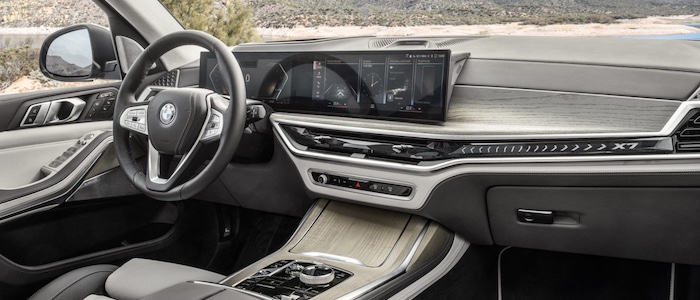Compare two cars
Compare any two cars and get our Virtual Adviser™ opinion
Dimensons & Outlines
Check vehicle history
Engine
4.0 1GR-FE Dual VVT-i
Performance (manual gearbox)
Performance (automatic gearbox)
Expenses
Virtual Adviser's™ opinion
Well, these are two pretty similar cars we have here! It's only details that could potentially make the difference. Considering they both belong to the suv segment and utilize the same 5-door suv body style and the 4 x 4 wheel drive system, it all comes up to the specific petrol engine choice they offer. The first one has a Toyota-engineered powertrain under the hood, a 6-cylinder, 24-valves 272hp unit, while the other one gets its power and torque from a 8-cylinder, 32-valves 530hp engine designed by BMW.
SafetyUnfortunatelly, neither of the two vehicles was submitted to the European New Car Assessment Programme (Euro NCAP) testing. This makes it virtually impossible for me to pick one over the other and I'm generally against buying such cars as the safety should really always come first. Moving further on, let's take a closer look at some additional safety-related facts. Both vehicles belong to the suv segment, which is generally a very good thing safety-wise, but it doesn't do much to help us decide between the two. On the other hand, taking kerb weight as an important factor into account, the German car offers a considerable difference of 15% more metal.
ReliabilityManufacturers have been building their reliability reputation for decades now and, generally speaking, it appears that Toyota as a brand displays somewhat better results, at least on all of the models level. These are the results of an independent reasearch, while our visitors describe reliability of Toyota with an average rating of 4.6, and models under the BMW badge with 4.1 out of 5. Unfortunatelly, I don't have enough insight that would allow me to comment in more details on the specific models level. Above it all, drivers of cars with the same engine as the Japanese car rank it on average as 3.0 out of 5, exactly the same as the other one.
Performance & Fuel economyBMW is way more agile, reaching 100km/h in 6 seconds less than its competitor. In addition to that it accelerates all the way to 250 kilometers per hour, 60km/h more than the other car. When it comes to fuel economy an obvious choice would be the Japanese car, averaging around 10.6 liters of fuel per 100 kilometers (27 mpg), in combined cycle. That's 22% difference compared to the German car!
Verdict
Toyota appears just a bit more reliable, although the difference is truly marginal. The most important thing when deciding between any two vehicles should always be safety, both passive and active. In my opinion, everything taken into account, the German car offers significantly better overall protection, taking the lead here. It all continues in the same direction, with BMW outracing its opponent in any situation possible, making it better choice for boy racers. It does come at a cost though, and that's the fuel consumption... It's really tough to make a final decision here, but if I'd need to, I'd say BMW. Nevertheless, let's not forget that people have different preferences and needs, so what really counts is your personal feel. I'm only here to help. In case you have two minutes to spare I invite you to define your needs, desires and budget and see which car would be chosen by the virtual adviser™, among thousands of similar, yet so different vehicles.
































